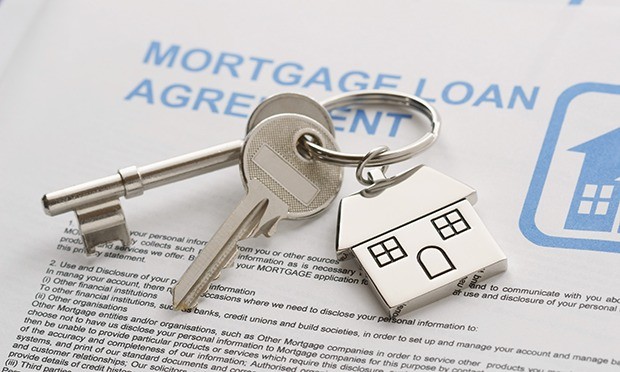8 Key Money Moves After Paying Off Your Mortgage
Post on: 18 Апрель, 2015 No Comment

Related Links
This article previously appeared on Hsh.com .
 
Sending that final check to your mortgage lender is reason for celebration. But paying off your mortgage loan doesnt end your financial duties as a homeowner.
Youll still have to pay property taxes and homeowners insurance ; youll need to make sure your county knows that you now own your home free and clear and, perhaps most important, youll have to figure out what to do with those dollars youll no longer be spending on your mortgage each month.
Here are eight things you should do after paying off your mortgage:
1. Get a satisfaction of mortgage statement. You should receive this proof from your lender that youve paid off your loan after you make your last payment, says Jack Guttentag, professor emeritus at the Wharton School of the University of Pennsylvania and owner of TheMortgageProfessor.com. Your lender should also send you a copy of your mortgage note.
Guttentag recommends that you give your lender at least three weeks to send the statement and note before calling to request them.
2. Be sure your mortgage papers are filed. If your lender wont be filing the satisfaction of mortgage statement with your countys register of deeds office (or recorder of deeds office, as its known in some counties), youll need to do it yourself.
Most lenders will file the statement, but some wont. Call your lender to ask.
3. Follow the lenders rules if youre paying off the loan early. Retiring your mortgage prematurely can be more complicated than you think.
Different lenders have different rules for early payoffs. Some require that the last (early) payment be in the form of a cashiers check, says Guttentag. Others might request a fee to prepare an official payoff statement. Or you might be asked to send your last payment to a different office.
Call your lender to learn the rules before sending in enough money to pay off your loan early.
4. Cancel the automatic deduction plan.  If you arranged to have your mortgage payments taken out of your checking account and sent to your lender automatically, make sure your bank has turned off this option once youve paid off the loan.
5. Ensure that your homeowners insurance and property taxes will continue getting paid. If you had an escrow arrangement with your lender, you paid extra each month so your mortgage company sent in your property taxes and homeowners insurance on your behalf. Now that youve paid off your mortgage, you will be responsible for these bills on your own.
Contact your homeowners insurance company and taxing authority to let them know, so they can begin sending these bills directly to you and you can start paying them yourself.
To be sure youll have enough in savings to cover these bills, call your insurer and taxing authority to ask how much youll need to cover them, says Dan Green, a loan officer with Waterstone Mortgage Corp. in Cincinnati. Then budget for it, he adds.
Green recommends keeping 10 percent more in the bank than what youll need to cover these bills. Tax and insurance bills often unexpectedly rise, he says.
6. Be sure your escrow balance is returned. If you paid into an escrow account that your lender used to pay your taxes and insurance, you might have a balance in that account after youve paid off your loan.
Green recommends that you be on the lookout for a check for the balance from your mortgage lender. It should arrive in about three weeks. If it doesnt, dont be shy about calling your lender.
7. Ask your homeowners insurer whether you should change your coverage. Your insurer might be able to recommend a coverage change that saves you money, says Green.
8. Figure out what to do with the money that wouldve gone to pay your mortgage. This might be the most important consideration of all after you retire your home loan.
Todd Tresidder, a financial coach and author based in Reno, Nev. and founder of FinancialMentor.com. recommends that you immediately start depositing the equivalent of your former mortgage payments into an investment account to help make your retirement years better.
Its more about what not to do after paying off your mortgage than it is about what to do, says Tresidder. The trick is to not increase your spending because you suddenly feel that youre flush with cash. Once you start spending that money youll never learn to save it.
Dan Rafter is a freelance writer with more than 20 years experience covering real estate and mortgage issues. He has written for the Chicago Tribune, Washington Post, Business 2.0 Magazine, Consumers Digest and dozens of trade magazines.














